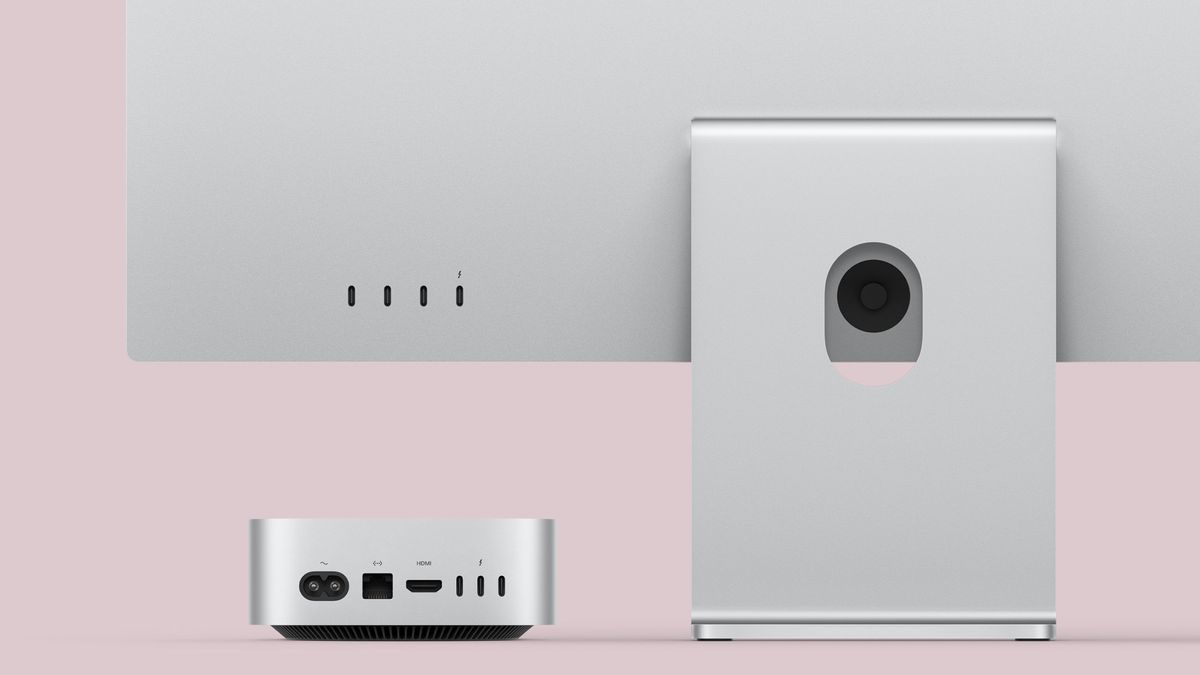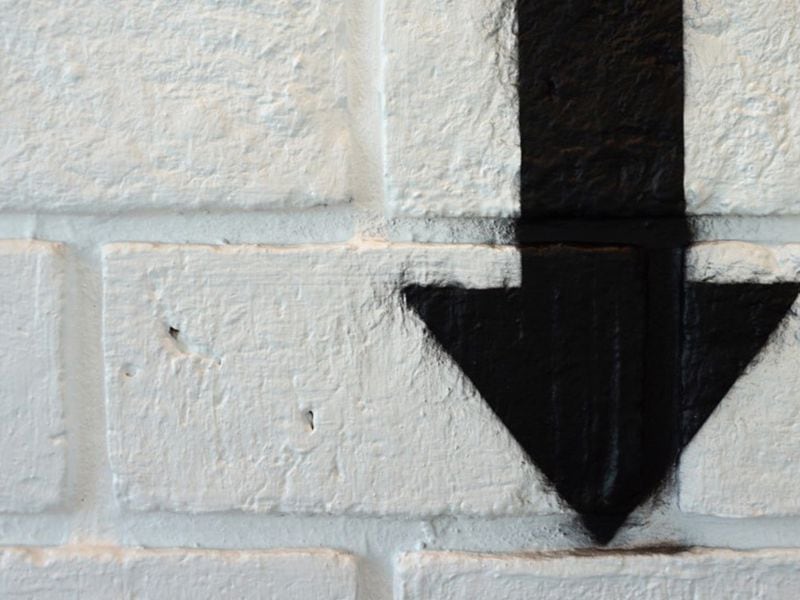ZDNET's key takeaways
- The DJI Avata 2 is available for a starting price of $999.
- It's a fantastic 4K drone from a company that's well ahead of the competition.
- The Avata 2 has a steeper learning curve than traditional drones and is not intended to capture cinematic shots.
For me, drones are more than just gadgets; they're precision flying tools designed and built for nailing the perfect shot, be it a photograph or a video clip. Every flight is pedantically planned, ensuring that when my hands are on the controller, my thumbs are on the sticks, and the drone is in the air, I can smoothly, accurately, and calmly execute the maneuvers needed to capture that magic moment.
Also: I tested DJI's smallest and lightest drone, and it's captured things I had never seen before
Flying the DJI Avata 2 FPV drone has completely flipped the script for me, transforming what was previously a meticulous activity into an absolutely exhilarating ride. It felt like I was Wile E. Coyote, strapped to an ACME rocket, zooming across the landscape in a desperate chase after the Road Runner.
Normally when you're flying drones, you're doing it with a controller in your hands and your eyes on a screen, watching both what the drone's camera is capturing and the bigger picture around you. And pretty much everywhere has rules that say you must keep the drone where you can physically see it -- meaning it has to stay within your visual line of sight (VLOS). There are exceptions if you hold certain qualifications that allow you to fly beyond the visual line of sight of the drone (BVLOS), but that's not something most hobbyists will have.
Also: Are DJI Mini drones now non-compliant for commercial use? [FAQ]
With an FPV (First-Person View) drone, it's like stepping into another league. You pop on a pair of goggles, and suddenly, it's as if you're sitting right in the drone, zooming through the sky. Since you're only seeing what the drone's camera sees, it's easy to lose track of everything around you. That's why most countries have rules that say you need to have a buddy -- a spotter -- to watch the drone and everything around it for you to give you a heads up if a hazard, such as an aircraft or a person, enters the area you're flying in.
At under 400 grams, the DJI Avata 2 feels super lightweight yet much more robust than standard drones
DJI Avata 2 tech specs
- Takeoff Weight: 377 g
- Max Ascent/Descent Speed: 6 m/s in Normal mode, 9 m/s in Sport mode
- Max Horizontal Speed: 8 m/s in Normal mode, 16 m/s in Sport mode, 27 m/s in Manual mode (limited to 19 m/s in the EU regions)
- Max Flight Time: Approximately 23 minutes
- Max Wind Speed Resistance: 10.7 m/s (Level 5)
- Internal Storage: 46 GB with MicroSD card support up to 512GB
- Image Sensor: 1/1.3-inch image sensor
- Effective Pixels: 12 MP
- Lens: 155° field of view, equivalent to 12 mm, f/2.8, focus range from 0.6 m to ∞
- Max Photo Resolution: 4000×3000 (4∶3)
- Max Video Resolution: 4K (4∶3): 3840×2880@30/50/60fps
- Video Format and Bitrate: MP4 (H.264/H.265) at 130 Mbps
- Color Modes: Standard and D-Log M
- Sensors: Downward and backward visual positioning
It's crystal clear that DJI is to drones what Rolls Royce is to luxury cars, Lego to toys, Apple to technology, and Rolex to watches. The best of the best. The company is light years ahead of the competition in the realm of both consumer and professional drones, consistently knocking it out of the park with innovative releases for many years. The Avata 2 is no exception.
Also: I tested the new DJI Air 3S and it's one of the best drones for night flying
Over the last few weeks, I've been putting the DJI Avata 2 Fly More Combo through its paces. This kit comes with the drone, three batteries, the Motion 3 controller, and a pair of the Goggles 3. I was also sent a regular controller to use.
The Avata 2, seconds before it rocketed off into the distance at close to 60 miles per hour
Despite not clocking in as many hours of flight time as I would have liked -- thanks to the weather swinging wildly from rainy to windy and vice versa, and I wasn't about to risk a new drone under such tricky conditions -- I've flown it enough to get a solid sense of the quality of the drone and its accessories, to see how well the specs hold up to reality, and get an idea of its overall flying characteristics.
Everything in the kit is exactly what I've come to expect from DJI -- top-tier quality. The drone itself feels sturdy, which was a bit of a surprise since it's not much heavier than DJI's sub-250-gram ultralight drones. The prop guards seem like they can take a hit or two, and yeah, I had to put that to the test.
Those are some seriously beefy -- and effective -- prop guards!
Granted, I only bumped into things at fairly low speeds, but those same bumps would have literally sent another drone crashing down to Earth. But remember, this is a drone that can head off to the hills at 60 miles per hour, and no amount of protection is going to save it, so build up your skills slowly.
Also: The best drones of 2024: Expert tested and reviewed
The camera's also in a safe spot, neatly tucked away in the drone's snout, keeping it well protected.
The camera is well protected from accidental damage.
The Avata 2 has binocular fisheye sensors that cover both the bottom and rear views, giving it the ability to detect obstacles lurking below and behind the drone simultaneously, but these are for low-altitude and indoor flights.
The Goggles 3 feel a bit odd to me since I'm not accustomed to wearing anything like them, much less flying while decked out in them. And yep, there's quite a bit of setup and customization involved, not to mention a pretty steep learning curve if you're aiming to make your first flight anything but your last.
Also: Heads up! DoorDash drones delivering meals in this U.S city
Just getting the hang of setting things up and mastering basic maneuvers like taking off with the goggles on requires patience. But trust me, the effort pays off big time when you land that front-row seat in the Avata 2.
Me wearing the DJI Goggles 3 -- my mom says I look cool (no, she doesn't)
The Motion 3 controller is another fresh piece of the puzzle, and it also comes with its own learning curve. It's surprisingly intuitive and sits comfortably in your hand, with all the buttons and controls easy to navigate, even when you're sporting the goggles. But here's some advice: dive into the tutorials and maybe clock in some hours on the simulator before you leap into high-speed flying.
The Motion 3 controller is surprisingly intuitive to use, even when wearing the goggles
Since I know I will get a ton of questions about the battery, let's tackle the most common ones right off the bat.
First up, real-world battery life will always be a bit less than what's advertised. After taking the drone out for a few flights, I've found that the average flight time hovers at around 17 minutes.
Also: Samsung's new microSD cards promise transfer speeds that will make professionals jump for joy
Another hot topic when it comes to drone batteries is how securely they snap into the drone's body. There have been concerns about batteries detaching mid-flight in the past. The great news with the Avata 2 is that its battery locks into the drone body securely, so much so I just can't imagine it popping out during a flight.
Lastly, there's been some chatter among drone enthusiasts -- particularly users of the Mini 3 and Mini 4 Pro -- about the plastic clips on the battery breaking. The Avata 2 does feature similar battery clips, but in all my years of using batteries with these clips, I've yet to encounter an issue. My advice? Handle the clips with care, give them a gentle squeeze when attaching or detaching the battery, and avoid being brutish with them.
The Avata 2 battery
Flying this drone offers an unparalleled experience. I've piloted drones through some incredible spots around the globe, from abandoned copper mines to the fiery rims of active volcanoes, but this? It's in a league of its own.
Having the drone's camera feed directly into my goggles gives me a view that's second to none. It's like stepping into a video game, except it's the real world, and I'm capturing it all -- crystal clear footage in stunning 4K at 60 frames per second, just as smoothly as any action camera could.
The DJI Avata 2 is an absolute joy to fly; its precision and responsiveness are top-notch, giving pilots the confidence to really push the drone to its thrilling limits.
ZDNET's buying advice
The DJI Avata 2 is an impressive setup, and with a starting price of $999 for the single battery combo pack, it's surprisingly competitive. That gets you the drone, goggles, and all the accessories needed to dive into the world of FPV drones.
However, it's crucial to keep in mind that this isn't a plug-and-play experience. Don't expect to unbox it and master it within minutes. A considerable learning curve is involved, and developing the necessary skills and hand-eye coordination to leverage this platform fully will take some time.
Also, it's key to remember this is an FPV drone. So, if you're aiming to capture cinematic footage or doing detailed shots of buildings for a realtor, this might not be the best choice. Think of it more as a flying action camera than a traditional one. That distinction really shapes the kind of results you can expect from it.

 5 days ago
3
5 days ago
3

/cdn.vox-cdn.com/uploads/chorus_asset/file/25715695/VST_1105_SIte.jpg)




:quality(85):upscale()/2024/11/04/810/n/1922564/da875c20672911f51e8a59.58915976_.jpg)


 English (US) ·
English (US) ·